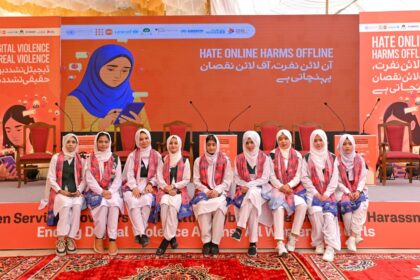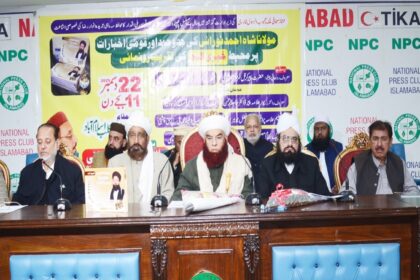The World Health Organization (WHO) is collaborating with Pakistan’s government on a major new vaccination campaign aimed at protecting 13 million girls from cervical cancer, marking a significant milestone in the country’s public health efforts. The initiative will involve training more than 49,000 health workers to deliver the human papillomavirus (HPV) vaccine in Punjab, Sindh, Islamabad Capital Territory, and Pakistan-administered Kashmir. This will be the first time Pakistan has undertaken an HPV vaccine campaign on such a large scale, targeting girls aged 9 to 14.
Cervical cancer is the third most common cancer among women in Pakistan, putting millions at risk. Each year, more than 5,000 new cases are diagnosed and nearly two-thirds of those affected do not survive, due to late diagnoses and inadequate screening facilities. Current data suggests that the true number of cases is even higher, as low rates of screening and the absence of a national cancer registry have resulted in underreporting. Without large-scale vaccination, health experts warn that cervical cancer cases could triple in the coming decades.
To ensure a successful campaign, WHO has organized extensive training for vaccinators, doctors, social mobilizers, and data entry personnel, with financial backing from GAVI, The Vaccine Alliance. These training sessions focus on microplanning and essential skills needed to reach the targeted population. WHO is also providing technical support, assistance with planning and data analysis, and helping to develop the readiness and capacity of Pakistan’s health system in partnership with the Ministry of Health and the Federal Directorate of Immunization.
Health officials have emphasized the importance of this vaccination drive, describing it as an investment in the health and future of Pakistani girls. The program supports the World Health Assembly’s Global Strategy to eliminate cervical cancer, which calls for 90% of girls to be vaccinated against HPV by the age of 15, 70% of women to be screened, and 90% of those with pre-cancer or invasive cancer to receive appropriate treatment.
WHO representatives underscore that this is a major step forward for public health in Pakistan, setting the stage for future expansion of HPV vaccination to other provinces, including Khyber Pakhtunkhwa and Balochistan in the coming years. The organization expressed appreciation for the ongoing commitment from Pakistan’s health authorities and partners, highlighting the potential to safeguard millions of girls from cervical cancer and build a healthier future for the country.











